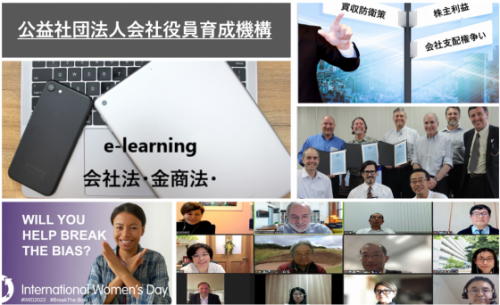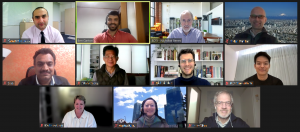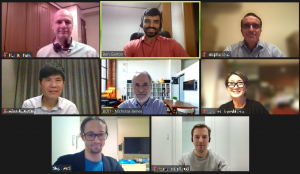
In Japan, traditionally there was no role of “General Counsel” (GC), the senior in-house counsel/lawyer, who sometimes sits on the board. Instead, until recently the standard model was that companies had a “Legal Department” led by a general manager who normally was not a licensed lawyer, and therefore had less to “lose” if he failed to give proper advice or transgressed ethical and other rules set by the Bar Association. However, as Japanese companies have expanded and globalized, more of them are realizing that it is essential to have an actual licensed attorney serve as the “Chief Legal Officer” (CLO), serving a broader, more senior, and influential role.
In this webinar, BDTI’s Nicholas Benes will interview the well-known Larry Bates, who recently stepped down from his role as Panasonic’s first General Counsel and will retire as a director in June of this year. During the past 30 years, Larry has served as General Counsel for 30 years at five different companies, all of which operated in a global legal context. To provide actionable advice and perspectives to Japanese companies, the interview will focus on key issues such as: (a) what should be the GC’s role and mission, and how does the concept of “GC” differ from the traditional Japanese model? (b) should that role include “corporate secretary” duties, or should the two roles be kept separate? (c) what other functions does it overlap with, and how should the GC relate to them? (d) what are the pros and cons of having the GC sit on the board? What is his or her relationship with the board and other executives? (e) what legal or compliance matters do Japanese companies need to pay more attention to? (f) what is it like to participate in board decision-making itself, not only as GC but also as a foreigner, on a Japanese board? What can be done by Japanese companies to benefit more from diversity? – to name just a few.
After the interview, there will be a panel discussion including other experienced legal advisors and independent directors at global companies. We will be joined by Chika Hirata, currently Regional Head of Ethics and Compliance at Takeda, and the former CLO and Corporate Secretary at MetLife Japan; and by Yumiko Ito of Ito Law Office, who also serves as an independent director for Kobe Steel, Ltd. and as an independent corporate auditor for Santen Pharmaceutical, Co., Ltd.
This event will be held in English.






